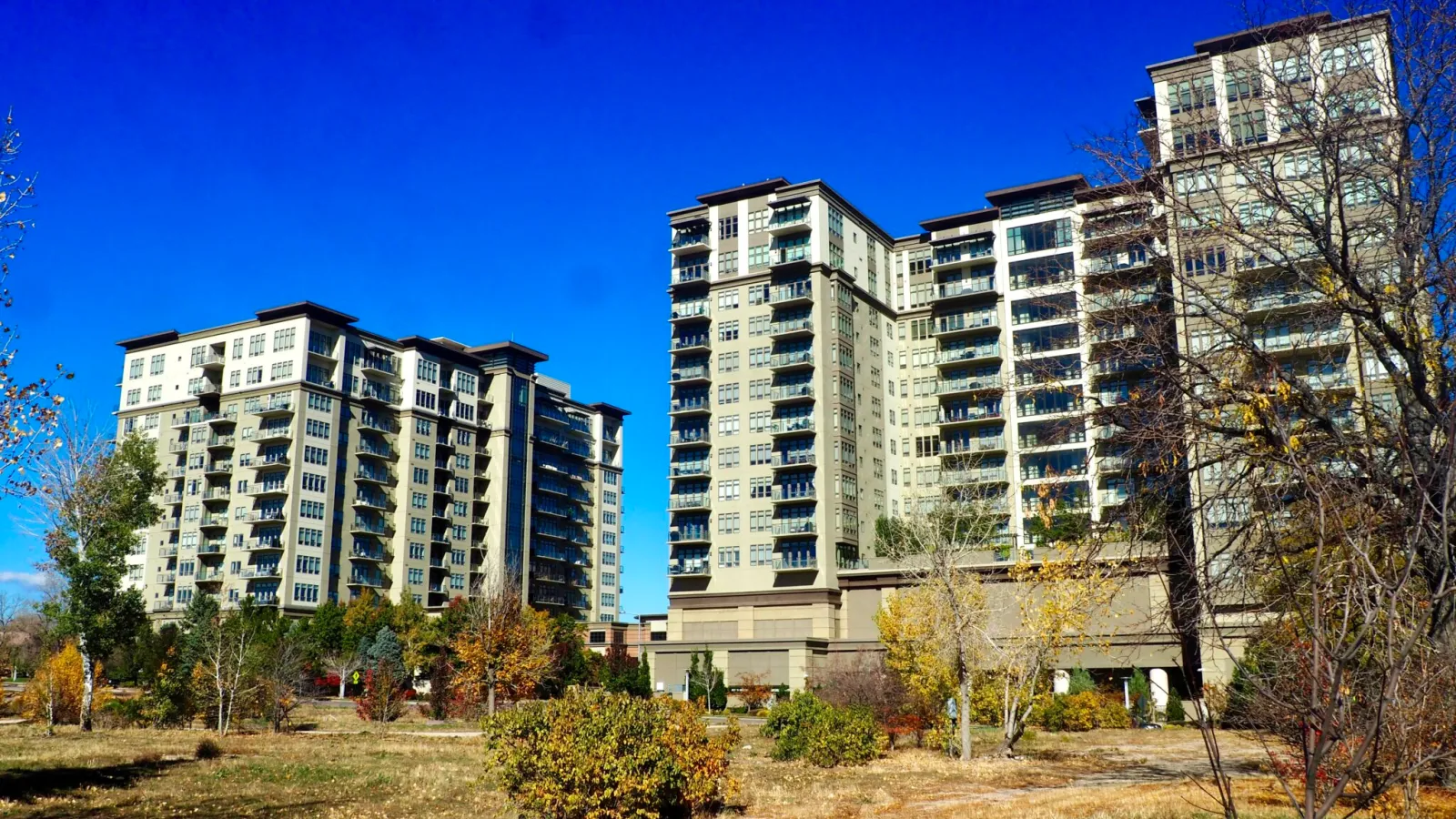Copyright yle

A government-commissioned study has found that a major increase in data centre projects in Finland could increase the average annual prices of electricity by 10 percent within about five years, given the centres' projected energy consumption does not decrease. The study was carried out by consulting firm AFRY, which specialises in energy and industry-related issues. It examined the possible risks and benefits of Finland hosting data centres, as public debate about them — and their planning — continues. On Tuesday, Finance Minister Riikka Purra (Finns) raised concerns in Parliament that further data centre projects could risk an increase in electricity prices. The same day, Prime Minister Petteri Orpo (NCP) told business newspaper Kauppalehti that the government will consider tax breaks for data centres, adding that they are "needed in Finland". Day-to-day electricity prices can vary quite a bit and tend to see big shifts, particularly on chilly days with little wind-generated power. According to AFRY's calculations, during about 100 hours of the year, the energy demands of data centres push electricity prices beyond 50 cents per kilowatt hour (kWh). It said that hourly prices could spike even as high as 90 cents per kWh in around 30 hours a year, leading to an average 10-percent annual rise in electricity prices. The consulting firm's projections considered a sharp growth in the number of data centres, with a combined electricity demand of 2,500 megawatts (MW). That is roughly one and a half times more than the Olkiluoto 3 nuclear reactor, which is Europe's largest. Finland's cheap electricity At the moment, data centres in Finland use about 300 MW of electricity. However, there are plans to construct more of the facilities, so that a 2,500 MW-scenario is possible as early as 2030, according to the Finnish Data Center Association (FDCA). One of the reasons companies are looking to build data centres in Finland is the fact that the country had the second-cheapest electricity in Europe last year — following Norway. AFRY's study also assumed that electricity production would grow at the same pace as the data centres' power consumption. But prices would rise anyway, because data centres run at a continuous, steady rate and their operations are not necessarily limited or increased according to electricity price fluctuations. It is however possible to avoid forcing other electricity customers to effectively pay for Finland's data centre boom in the form of higher electricity bills, according to the AFRY study's rapporteur, Veli-Matti Mattila. "This can be avoided by operators committing to flexibility in use of the electricity grid on days with price spikes," he said. That flexibility would involve reducing consumption — or partially replacing their power — with their own energy sources, such as batteries or backup generators. According to Mattila, new data centre projects should also include their own electricity production — and state support should be directed towards ones that do. As the data centre report was published, PM Orpo said that the government is carefully assessing whether the best forms of state support for data centre projects should come in the form of an electricity tax break or in another form.



